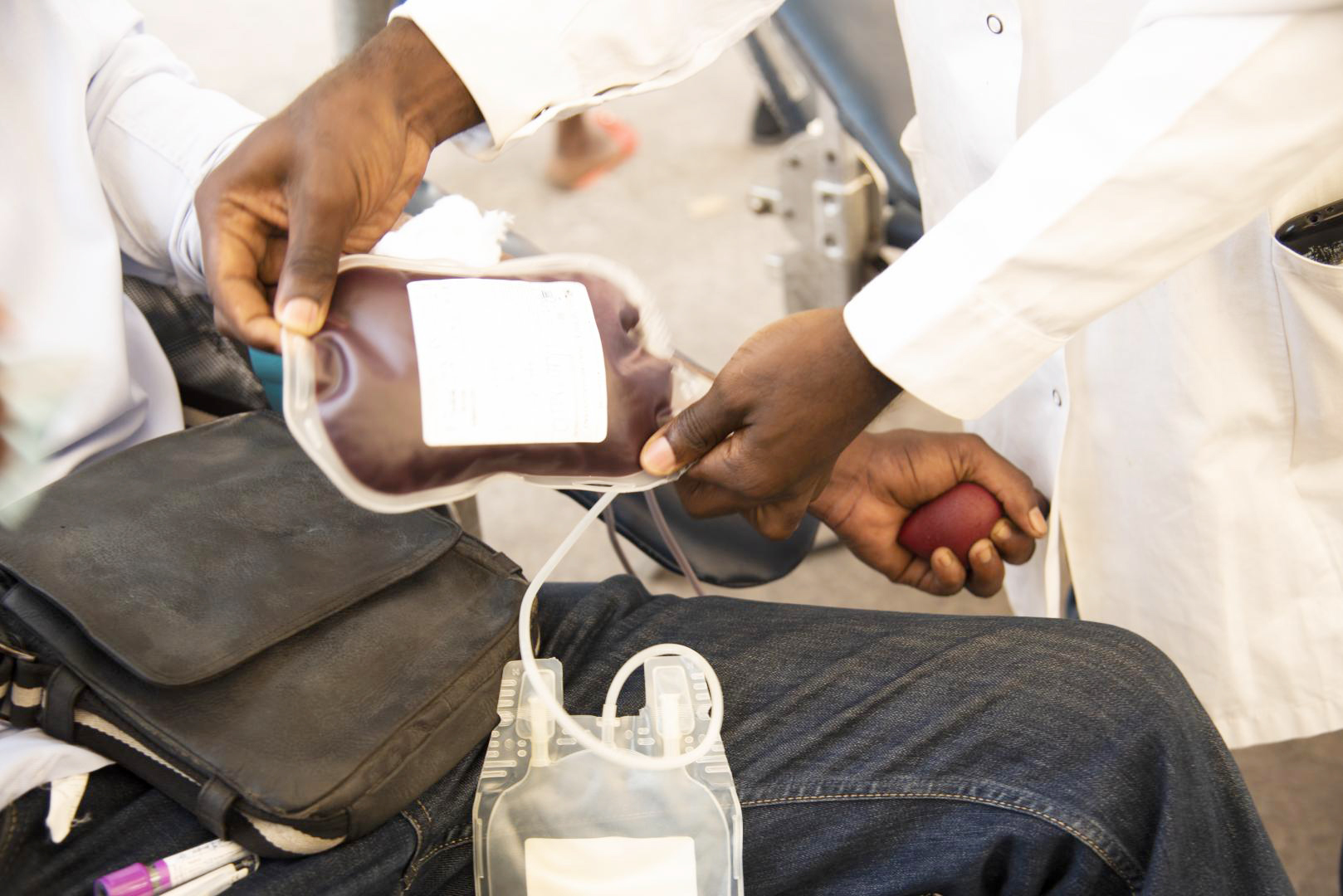Malaria and blood transfusions: A delicate balance in Togo
- Posted on 08/10/2025 09:46
- Film
- By raymonddzakpata@sante-education.tg

Extract from the article: Malaria and blood transfusions have a complex and vital relationship. In Togo, as in the rest of sub-Saharan Africa, transfusions are both an essential treatment and a potential source of disease transmission. Transfusion is unavoidable in treating..
Malaria
and blood transfusions have a complex and vital relationship. In Togo, as in
the rest of sub-Saharan Africa, transfusions are both an essential treatment
and a potential source of disease transmission. Transfusion is unavoidable in
treating severe anaemia caused by malaria, particularly in young children.
However, the parasite can quickly survive in collected blood. This dual
challenge requires constant vigilance and strict protocols to ensure the safety
of blood donations.
Malaria,
caused by a parasite transmitted by mosquitoes, remains the leading cause of
severe anaemia, especially in children under five. According to the World
Health Organisation (WHO), these children accounted for approximately 76% of
malaria deaths in Africa in 2023. This anaemia can be fatal if not treated
quickly. Blood transfusion is the treatment of choice to save lives.
However,
this procedure carries a risk. If the donor is carrying the malaria parasite,
it can be transmitted to the recipient.
In
fact, donors and recipients run the same risk of malaria throughout their
lives, and both have relatively protective antibodies due to their almost
constant contact with the parasite. It would not be efficient to systematically
screen all blood donations for the malaria parasite. Nevertheless, for more
vulnerable individuals such as children, it is often necessary to protect them
during transfusions with preventive antimalarial treatment.
The
best way to ensure blood safety is to reduce the incidence of malaria in the
population. By strengthening prevention campaigns (mosquito nets, early
treatment), the number of potential donors carrying the parasite decreases.
According to data from 2024, Togo recorded a 10% decrease in malaria cases,
from 286 cases per 1,000 inhabitants in 2023 to 258 in 2024, which is a step
forward that must be maintained in order to contribute significantly to
transfusion safety.
Encouraging
voluntary and regular donations helps to build up a blood reserve in advance of
emergencies. This avoids the need for replacement donations, which delay
emergency care by reversing the order of things, whereby blood should wait for
the patient and not the other way around.




